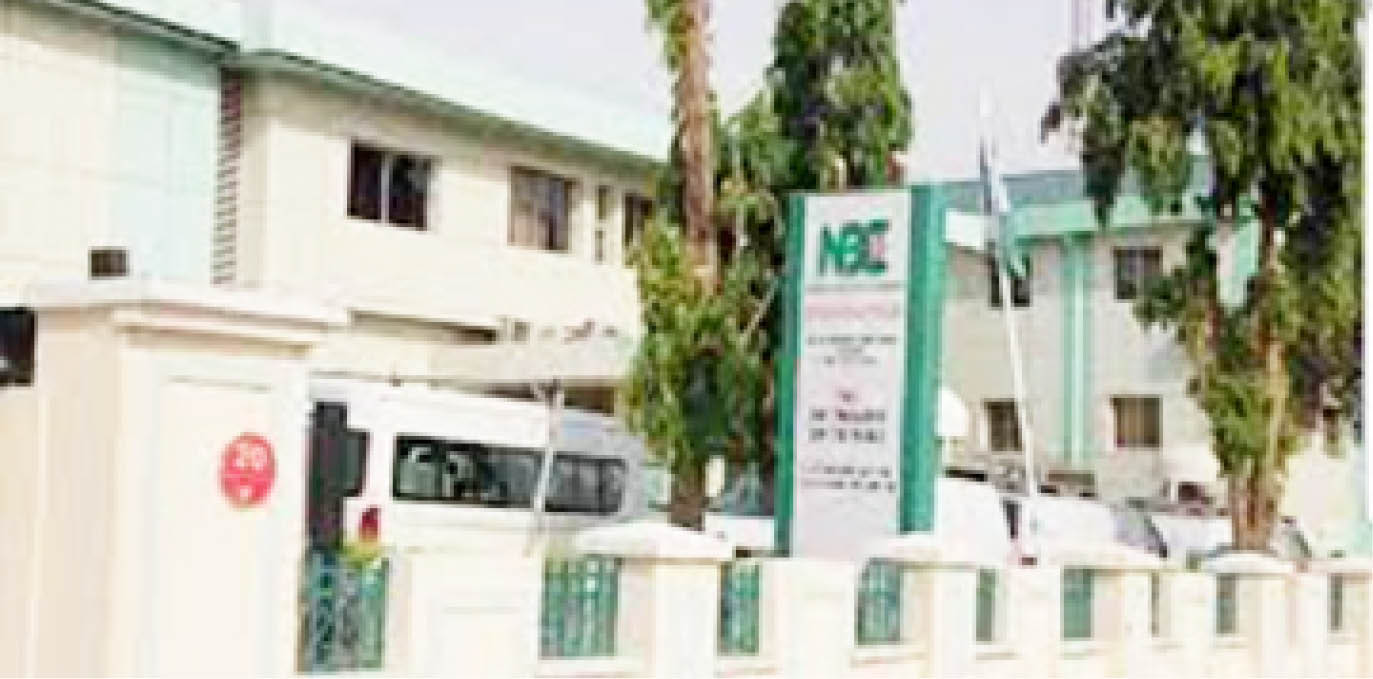Sanctions on broadcast stations
The past fortnight has been one of turbulence for the country’s broadcast industry as the National Broadcasting Commission (NBC) revoked the operating licences of as many as 52 out of the total of 625 broadcast stations in the country. The NBC cited, as the reason for its action, the failure by the affected stations to […]

National Broadcasting Commission (NBC)
The past fortnight has been one of turbulence for the country’s broadcast industry as the National Broadcasting Commission (NBC) revoked the operating licences of as many as 52 out of the total of 625 broadcast stations in the country. The NBC cited, as the reason for its action, the failure by the affected stations to pay licence fee debts amounting to N2.66 billion. The NBC also claimed to have sent formal communication to the affected organisations, asking them to update their financial status with it, prior to its punitive action. Its clampdown on them was therefore intended to compel payments by them. Interestingly, barely a week after its punitive measures, the same NBC has lifted the sanctions, citing positive responses and significant measures of compliance by the affected stations.
Ordinarily, the NBC action qualifies as one in which the agency acted within its statutory brief to recover its money from its debtors. In that context also, it should be seen that the debtor stations need to update their financial status with the NBC at all times, given that payment of legitimate fees at the due time, constitutes a statutory obligation owed the NBC by all broadcast licensees.
- NIGERIA DAILY: How Kano Traders Lost N200m Textile, 300 Shops To Market Flood
- 2023 polls: Buhari meets gov, says Nigerians will appreciate APC in 6 months
Hence for its gesture of reprieve – temporary or otherwise, the NBC deserves commendation for heeding public outcry over the debilitating impact of the sanction on the nation’s broadcast industry. Discomfiting as it may be for it, the agency is sacrificially turning around to defer recovering its legitimate debts from debtor stations, especially in this season of lean government finances. That it is doing so in response to strident outcry by a wide spectrum of stakeholders in the country’s media and broadcast industry is a positive move.
Meanwhile, the foregoing notwithstanding, the spectacle of sanctions as meted out by the NBC, may have also trended in the public space beyond what the agency could have considered as a mere debt recovery. In essence, while it may have been intent on recovering its debts, the impact of the exercise translates into higher back-breaking operational costs for the operators, for whom it is simply bad business. Put in simple terms, the sanction at this material time is not just a matter of recovering debts, but raises the portends of actually halting operations for many of the broadcast houses. The implications of such a development are easier imagined than allowed to manifest, as they include job losses, and severe truncation of the critical services rendered by these stations with significant distress for society.
It needs to be recalled that the sanction is coming after several submissions had been made in the past for a review of broadcast licence fees, given that such are at variance with the prevailing operational realities of the Nigerian broadcast industry and the economy in general. The core concerns with the licence fees are with both the entry requirements and the periodic renewals. Beyond the exorbitant fees are other debilitating circumstances of the industry such as the fluctuating rates of forex which is a core challenge as many of the inputs and facilities are imported.
Another is the issue of dilapidated state of infrastructure in the country, especially that of electricity supply which is the primary driver for broadcast service delivery. Given the erratic supply of electricity, virtually all broadcast stations in Nigeria are compelled to provide same on a twenty-four-hour basis for their operations, and in an environment of exorbitant costs of fuel as well as maintenance. This is not to mention the issue of sourcing qualified operatives to drive the industry.
Yet another is the general depression of the economy which has impacted significantly on the revenue sources of the industry, being in the main – advertisement and promotions of sundry projects and activities. In a cause and effect relationship between broadcasters and their clients, the downturn in the economy imposes a direct dampening effect on the fortunes of the industry. It is therefore difficult enough for Nigerian broadcasters to be saddled with many of the foregoing challenges, which in many other cases are taken for granted.
Against the backdrop of the foregoing remains the expectation that the reprieve by the NBC is not only welcome but should lay the stage for its more discretional disposition towards a review of the broadcast licence fees and operational conditions. In that context therefore, the NBC needs to see itself as a regulator that is saddled not only with the responsibility of corralling the broadcasters, but also providing vicarious encouragement to ensure that the industry moves to higher grounds with the passage of time. This consideration is informed by the pivotal role of the media as an instrument of social change for the country, given its traditional functions of disseminating information, educating the society and entertaining the people.
